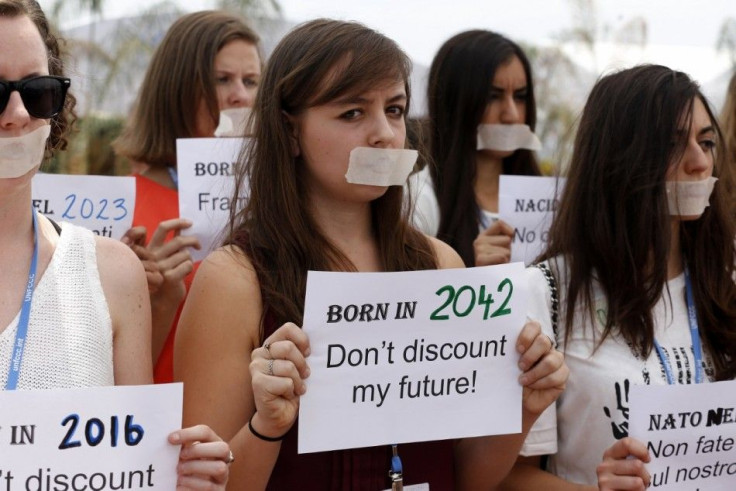New Zealand’s Political Parties Seek Probe Into ‘Gagging of Scientists’ On Climate Change Issue

Even as New Zealand Government is disputing the accuracy of a survey that claimed 40 percent of its scientists are under pressure from the government, and cannot speak out publicly about their domain's expertise because of official pressure or fear of funding loss. The Association of Scientists, which carried out the survey, said more scientists are now coming forward to testify about the gagging they have faced.
Labour Party’s science and innovation spokesperson David Cunliffe reacted strongly to the issue and flayed the government. He said silencing of scientists was insidious and added, "academics often feel suppressed from speaking openly about the results of their research is going to rock the boat, shall we say, either for the university or the government. Academic freedom means our scientists and our research should be able to state publicly the results of their research. And there's a public good in that - that's how we as a society get the facts and learn."
Scientists’ View
According to New Zealand's scientists, the government’s funding policies are preventing them from articulating their position on many scientific issues and constraining their autonomy in giving valid inputs to the government's climate change stance. The New Zealand Association of Scientists said it is concerned about the serious flaws in the government's public consultation on climate change. "Climate change will have a profound influence on New Zealanders, and there are many complex issues that need to be dealt with," NZAS president Nicola Gaston said in a statement.
Gaston also lamented the lack of publicly available information and analysis to help New Zealanders in choosing the best course of action. It may be realed that the government faced criticism when it went for a hurried consultation process on a negotiating position in the United Nations Paris meeting regarding climate change in December 2014, in just four weeks.
New Zealand First science spokesperson Darroch Ball asked the Government to find out what is going on, reports Radio New Zealand. "I think the first step we need to take is to involve the scientists in a very open and transparent discussion about what is going on. At the moment we've got a government that's totally ignoring half of scientists that are coming out and saying they are feeling this pressure,” he said.
Minister’s View
However, Science and Innovation Minister Steven Joyce played down the survey. He said the Government needed evidence to be convinced that there was a problem. Joyce said, “I would be keen to hear any evidence of this concern that was causing the public not to be properly informed - that wouldn't be right. And I'm very much in favour of science communication and making sure the public is fully informed. But you'd have to have a heck of a lot more evidence than we've got from one write-in survey."
(For feedback/comments, contact the writer at k.kumar@ibtimes.com.au)





















